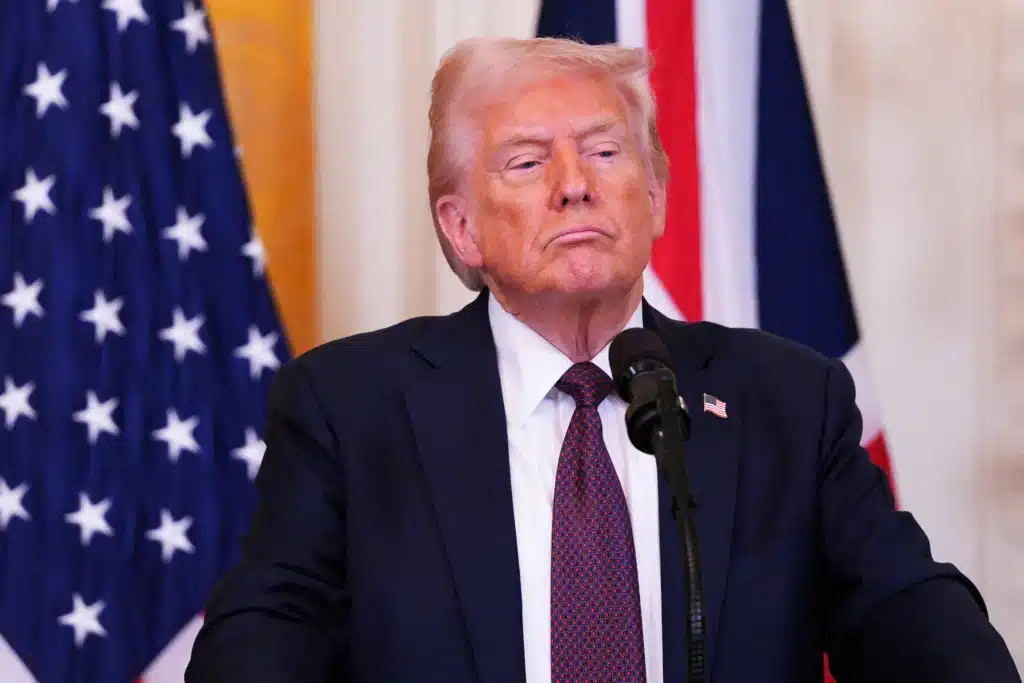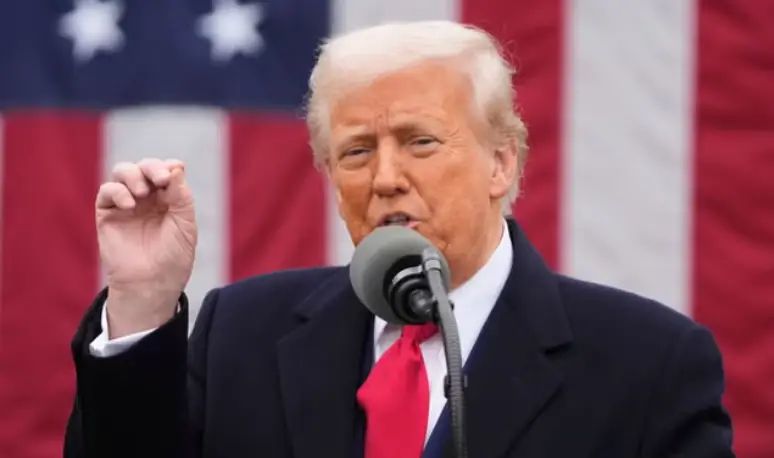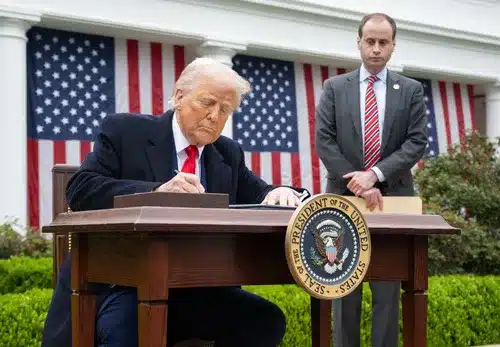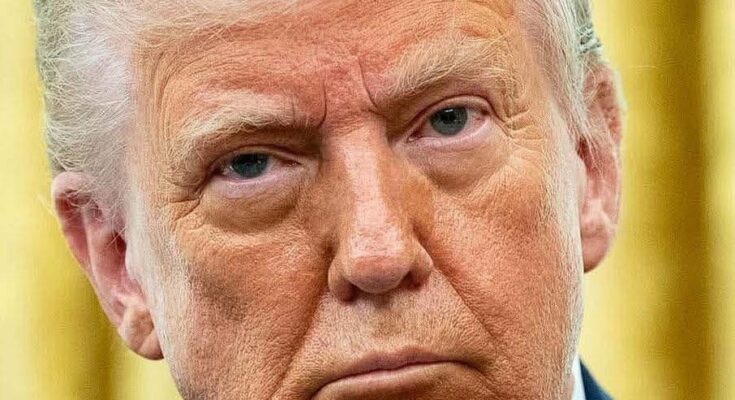Former President Donald Trump’s sweeping decision to impose tariffs on multiple countries has sent shockwaves through global markets and diplomatic circles. Yet, the move was anything but spontaneous. For years, Trump has voiced his belief that the U.S. has been exploited in international trade, and now, in a bold declaration of “economic independence,” he’s putting those beliefs into policy.
As of Friday night, a 10% tariff now applies to nearly all imports to the United States. Some countries face even steeper penalties — including a 53% tariff on Chinese goods, and a 20% rate on imports from both the European Union and South Korea. This broad move is what Trump has described as a turning point for American industry, one he claims will usher in a new era of prosperity for American workers.

“We’re standing up for the American worker, and we are finally putting America first,”
Trump said during a Rose Garden ceremony as he signed the executive order. He warned that the decision would be met with resistance from “globalists” and “special interests,” but urged Americans to have faith in his leadership.
“Remember, every prediction made by our opponents about trade in the past 30 years has been utterly wrong,”
he said. He also declared that April 2, 2025, would be remembered as the day
“American industry was reborn.”
In an impassioned speech, Trump framed the measure as a necessary correction to decades of economic exploitation.

“For decades, our country has been looted, pillaged, raped and plundered by nations near and far, both friend and foe alike… Our country and its taxpayers have been ripped off for more than 50 years, but it is not going to happen anymore.”
Critics, however, warn of severe consequences. Economists and international observers alike fear that these tariffs could not only trigger higher prices for American consumers but also tip the global economy into recession.
Ken Rogoff, former chief economist at the International Monetary Fund, offered a stark assessment.
“This essentially topples a nuclear device onto the global trading system,”
he told the BBC, estimating the likelihood of a U.S. recession has now doubled to 50%.

The economic implications could ripple far beyond U.S. borders. Tensions with key allies such as Japan and South Korea are expected to intensify. With tariffs applied across the board — including against longstanding partners — many are bracing for retaliatory measures and prolonged trade disputes.
Still, Trump remained resolute in his message, emphasizing the long-term vision behind his decision.
“Hopefully, in years to come, you will look back and realize we made the right choice,”
he said, framing the decision as a necessary sacrifice for future national gain.
Whether this move will indeed restore the American dream or deepen global economic uncertainty remains to be seen. But one thing is clear: Trump’s trade agenda has entered an aggressive new chapter — one that’s already reshaping the global economic landscape.



